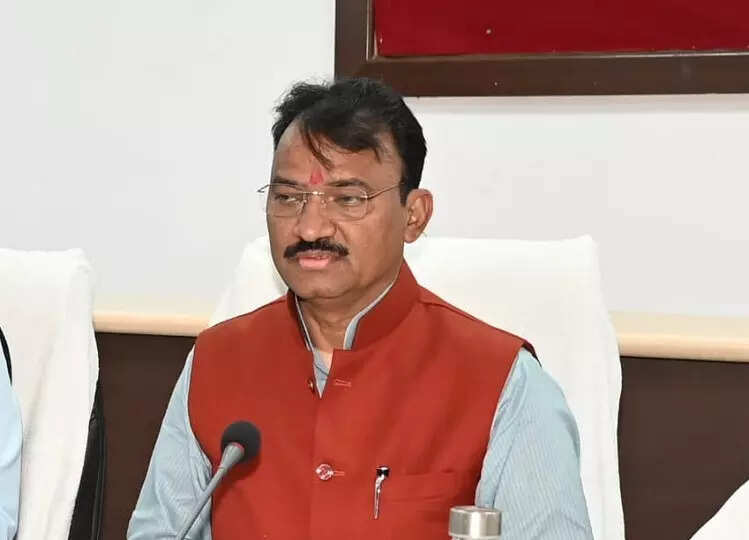
Bairwa stated that once the new policy comes into effect, separate fare structures will be introduced for vehicles operated by aggregator cab companies. “In order to obtain a license, aggregator companies will be required to have a minimum fleet of 50 motor cabs, or at least 25 vehicles in certain cases. Under the Rent-a-Cab Scheme, a minimum of 50 motor cabs will be mandatory, of which 50 percent must be air-conditioned vehicles,” he informed the assembly.
He further clarified provisions under existing policies, noting that the Rajasthan Bike Taxi Policy 2017 requires a minimum of one two-wheeler, while the Rent-a-Motorcycle Scheme mandates at least five two-wheelers.
He informed the House that fares for auto rickshaws were fixed through a notification issued on July 15, 2013, for taxi cabs on August 13, 2007, and for prepaid taxi cabs on April 8, 2013. However, no separate fare system has yet been determined specifically for aggregator vehicles.
Bairwa also highlighted the regulatory framework under which aggregators currently operate. He pointed out that on November 25, 2016, the state government issued the Rajasthan On-Demand Information Technology Based Transportation by Public Service Vehicles Rules, 2016. These rules provide the legal basis for permitting and regulating aggregator operations in the state.
He underlined that the central government’s Motor Vehicle Aggregator Guidelines 2025, issued on July 1, 2025, are being thoroughly examined to frame Rajasthan’s new policy. The upcoming Aggregator Policy, he said, will streamline licensing, ensure passenger safety, regulate fares, and bring greater accountability to app-based transport services across the state.

